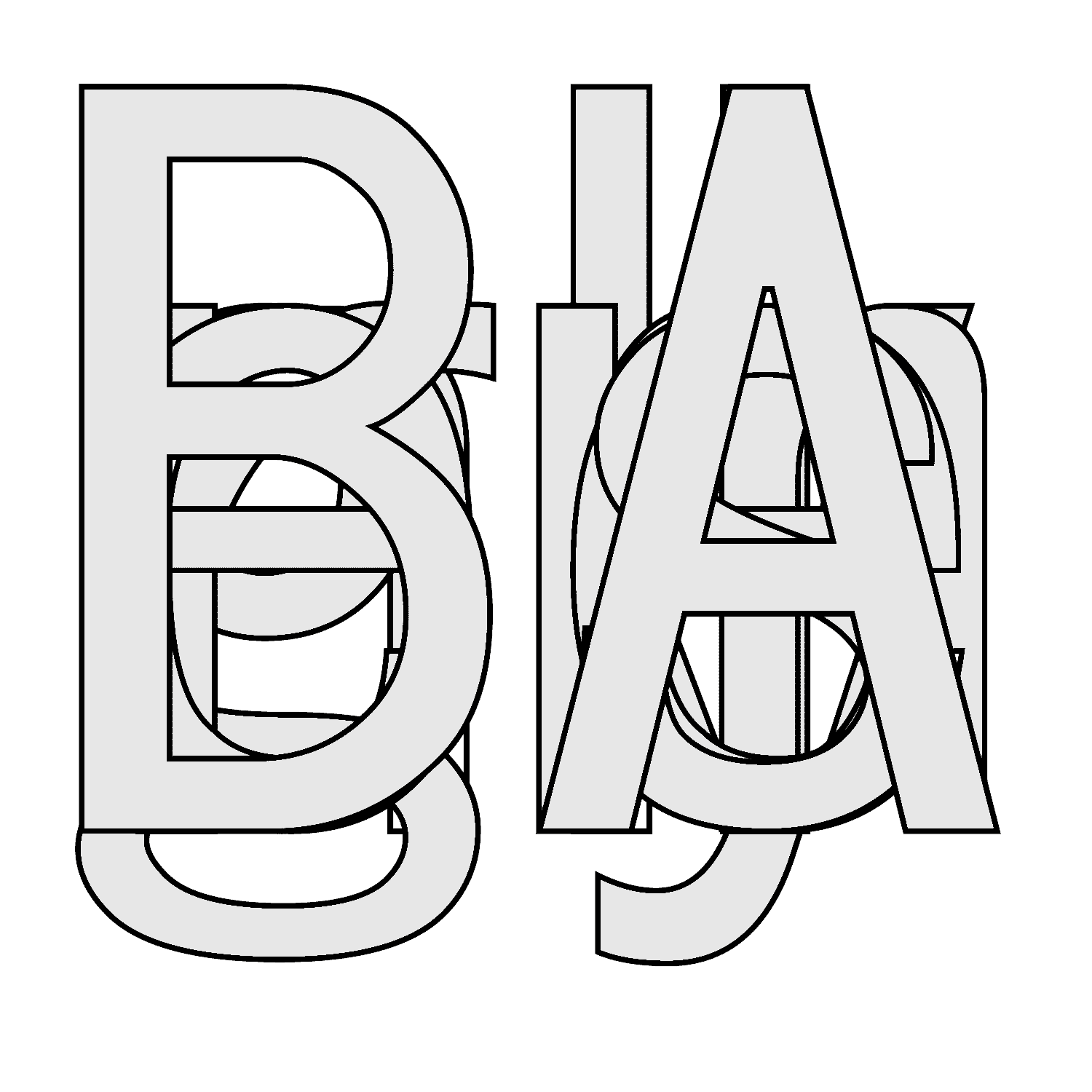NO / EN
Mujaawarah/Neighbouring
Shared by Munir Fasheh | Traced by Tenthaus
Neighbours engage in conversation, which is the miracle of the human species. It is the opposite of Mother Tongue, a manufactured language of the nation state, education, and academia. Conversation lives outside the dictates of hegemonic words that invade the mind and, as trojan horses, claim they are gifts, but actually defeat us from inside. The idea and practice of mujaawarah, “neighbouring,” is a tool in the hands of people as they think together, find ways to care for each other and for their social, built and natural surroundings.
Mujaawarahs were the main tool in peoples’ hands to run their lives when Israel closed schools and universities in the West Bank for 4 years. In this four days’ mujaawarah, participants are invited to reflect on words, listen to them, including those that harm and those that heal and nurture. Mujaawarah allows ways of learning with and from each other, beyond institutional education. They are the biologic “adobes” in building community.
The idea of المجاورة, mujaawarah, translated into English as "neighbouring" (near to, by the side of...), has been practised as a way of collective learning in different communities in Palestine during the 1987 uprising. Thinker Munir Fasheh has identified the secret of mujawaarah which lies in mutual care, also in times of political oppression and colonisation, and in experiencing how a small act or gesture can change the course of social relations and life.
Munir Fasheh is a learning practitioner based in Ramallah. He taught mathematics and physics at Birzeit University in the 1960s and 1970s, during which he realized that his illiterate mother was practicing math that he could neither understand nor do. A lot of his writings were connected to her world. He feels that his story about her is his main gift to future generations. Fasheh founded the Tamer Institute for Community Education during the first Intifada as a centre for learning outside of institutional education in Palestine. After receiving his PhD in education from Harvard University in 1988, he founded the Arab Education Forum (AEF) at Harvard University's Center for Middle Eastern Studies in 1997 and directed it for ten years. Since 2007, he has been working with groups in Palestine and Jordan to develop new ways of collaborative learning. Since 2018, he has been involved with JOHUD which consists of 52 centers throughout Jordan within a vision that comprises three “pillars”: mujaawarah, wisdom, and natural nurturing soils. Looking forward to hearing from you and welcoming you to Bergen
Tenthaus Art Collective has been working together in various constellations since 2009. The collective is characterized by an open, process-oriented form of participation and collaboration. Today Tenthaus encompasses both a project room and an exhibition space, a mobile studio, and a wide range of curatorial projects. As a collective Tenthaus reimagines themselves and what it means to be artists working with the public, and what makes a relevant socially engaged practice today. The collective works with discursive events, radio, research, exchanges, workshops and exhibitions with an international orientation. Each of its members brings a distinct set of skills, practices and cultural knowledge.
